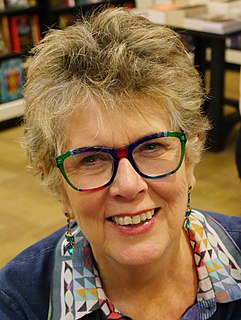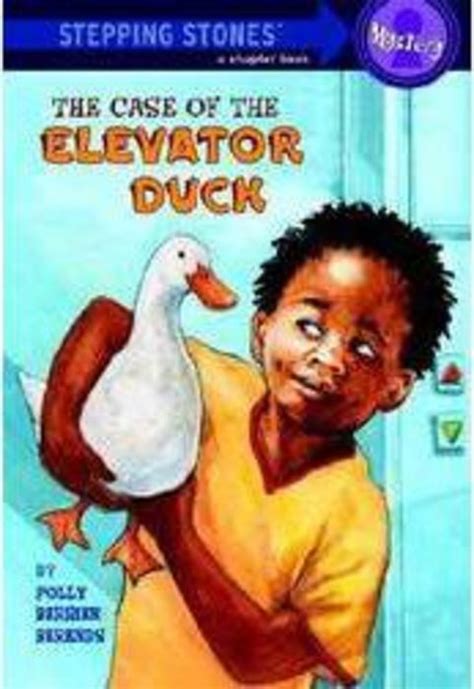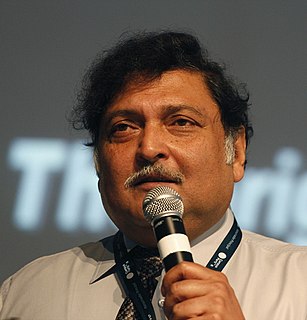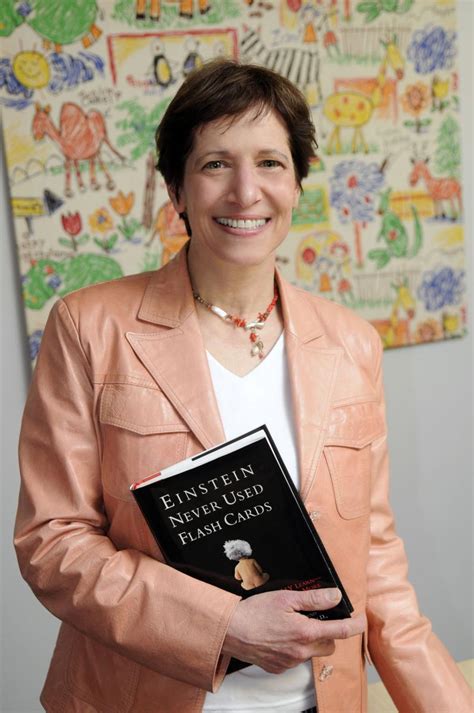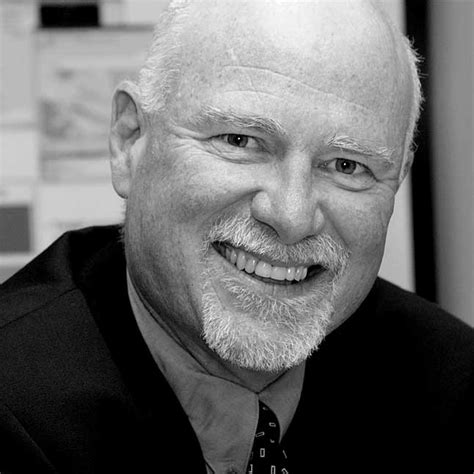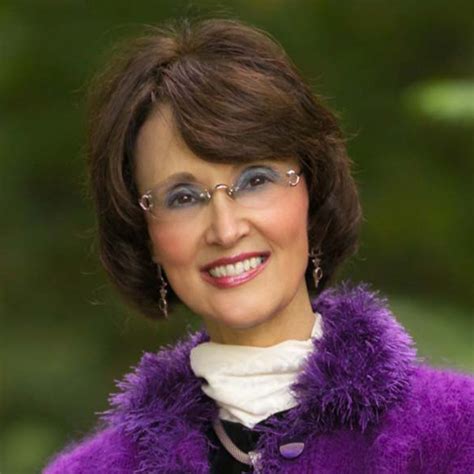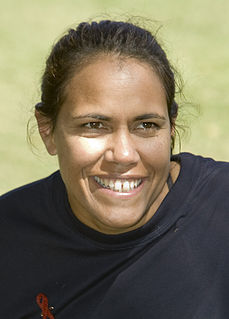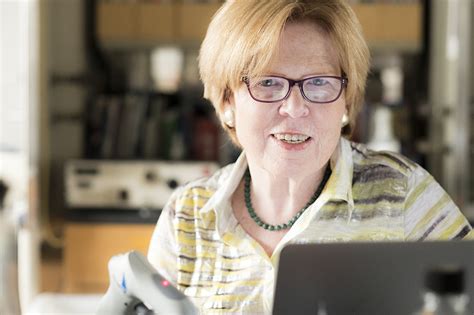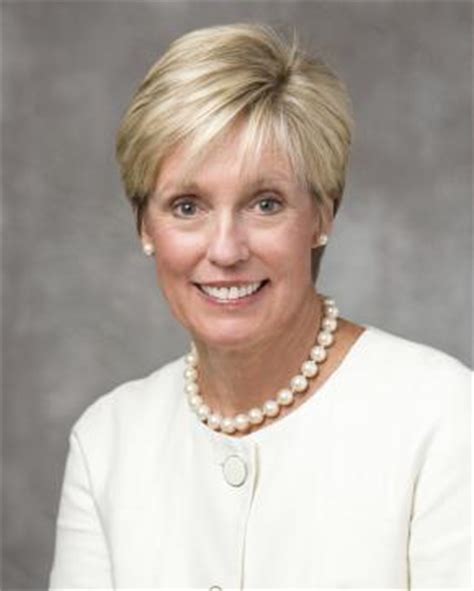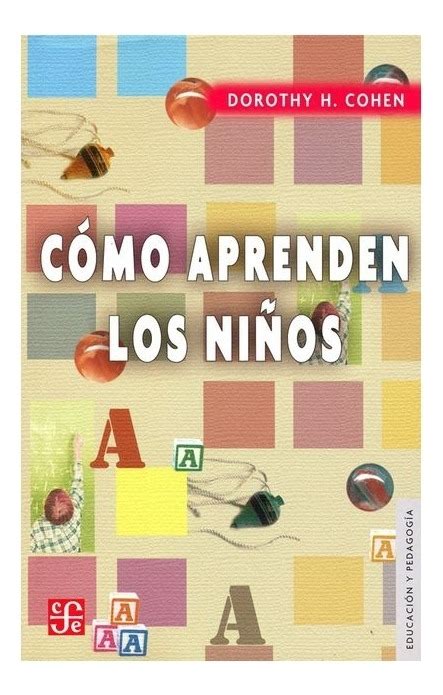Top 1200 Children Learning Quotes & Sayings
Explore popular Children Learning quotes.
Last updated on November 18, 2024.
My wish is to help design the future of learning by supporting children all over the world to tap into their innate sense of wonder and work together. Help me build the School in the Cloud, a learning lab in India, where children can embark on intellectual adventures by engaging and connecting with information and mentoring online. I also invite you, wherever you are, to create your own miniature child-driven learning environments and share your discoveries.
We deprive our children, our charges, of persistence. What I am trying to say is that we need to fail, children need to fail, we need to feel sad, anxious and anguished. If we impulsively protect ourselves and our children, as the feel-good movement suggests, we deprive them of learning-persistence skills.
This is a very challenging moment for educators. Our children are headed for a much more networked existence, one that allows for learning to occur 24, 7, 365, one that renders physical space much less important for learning, one that will challenge the relevance of classrooms as currently envisioned, and one that challenges our roles as teachers and adult learners.
Now, today, some children are enrolled in excellent programs. Some children are enrolled in mediocre programs. And some are wasting away their most formative years in bad programs....That's why I'm issuing a challenge to our states: Develop a cutting-edge plan to raise the quality of your early learning programs; show us how you'll work to ensure that children are better prepared for success by the time they enter kindergarten. If you do, we will support you with an Early Learning Challenge Grant that I call on Congress to enact.
Young children learn in a different manner from that of older children and adults, yet we can teach them many things if we adapt our materials and mode of instruction to their level of ability. But we miseducate young children when we assume that their learning abilities are comparable to those of older children and that they can be taught with materials and with the same instructional procedures appropriate to school-age children.
Learning the lessons of the past allows you to walk boldly in the light without running the risk of stumbling in the darkness. This is the way it's supposed to work. This is God's plan: father and mother, grandfather and grandmother teaching their children; children learning from them and then becoming a more righteous generation through their own personal experiences and opportunities. Learning the lessons of the past allows you to build personal testimony on a solid bedrock of obedience, faith, and the witness of the Spirit.
The nature of schooling as we know it has become the unquestioned answer to educating our children. It is not. Knowing what we now know, we can no longer do what we now do. It is time to reconnect our children and our systems to their abundant learning potentials and reengage them in the joy of learning.
It is a libel to suggest that children need rewards for attending to tasks, apart from intrinsic interest and satisfaction. Children work very hard in their purposeful endeavors in the world, when they have ends they want to accomplish themselves. It is meaningless teaching, not learning, that demands irrelevant incentives.
A long time ago, there was no such thing as school, and children spent their days learning a trade, a phrase which here means "standing around doing tedious tasks under the instruction of a bossy adult." In time, however, people realized that the children could be allowed to sit, and the first school was invented.
I believe it would be much better for everyone if children were given their start in education at home. No one understands a child as well as his mother, and children are so different that they need individual training and study. A teacher with a roomful of pupils cannot do this. At home, too, they are in their mothers care. She can keep them from learning immoral things from other children.
Caring. And reading the Bible, learning about God, Jesus, love. He said, 'Bring on the children', 'Imitate the children', 'Be like the children' and 'Take care of others.' Take care of old people. And we were raised with those values. Those are very important values and my family and I we were raised with those values and they continue strong in us today.
Emotional 'literacy' implies an expanded responsibility for schools in helping to socialize children. This daunting task requires two major changes: that teachers go beyond their traditional mission and that people in the community become more involved with schools as both active participants in children's learning and as individual mentors.
There are 45 million children in Africa who are not in school. While other children are learning, exploring, and growing in the myriad ways that children were meant to grow, these children are trapped in a life of constant struggle. Without education, how can they be expected to escape such struggle? How can their children?
There is first the problem of acquiring content, which is learning. There is another problem of acquiring learning skills, which is not merely learning, but learning to learn, not velocity, but acceleration. Learning to learn is one of the great inventions of living things. It is tremendously important. It makes evolution, biological as well as social, go faster. And it involves the development of the individual.
African American children are significantly more likely to be obese than are white children. Nearly half of African American children will develop diabetes at some point in their lives. People, that's half of our children. ...We can build our kids the best schools on earth, but if they don't have the basic nutrition they need to concentrate, they're still going to have a challenge learning.
Life consists in learning to live on one's own, spontaneous, freewheeling: to do this one must recognize what is one's own-be familiar and at home with oneself. This means basically learning who one is, and learning what one has to offer to the contemporary world, and then learning how to make that offering valid.
Children of the middle years do not do their learning unaffected by attendant feelings of interest, boredom, success, failure, chagrin, joy, humiliation, pleasure, distress and delight. They are whole children responding in a total way, and what they feel is a constant factor that can be constructive or destructive in any learning situation.
If parents want to give their children a gift, the best thing they can do is to teach their children to love challenges, be intrigued by mistakes, enjoy effort, and keep on learning. That way, their children don’t have to be slaves of praise. They will have a lifelong way to build and repair their own confidence.


